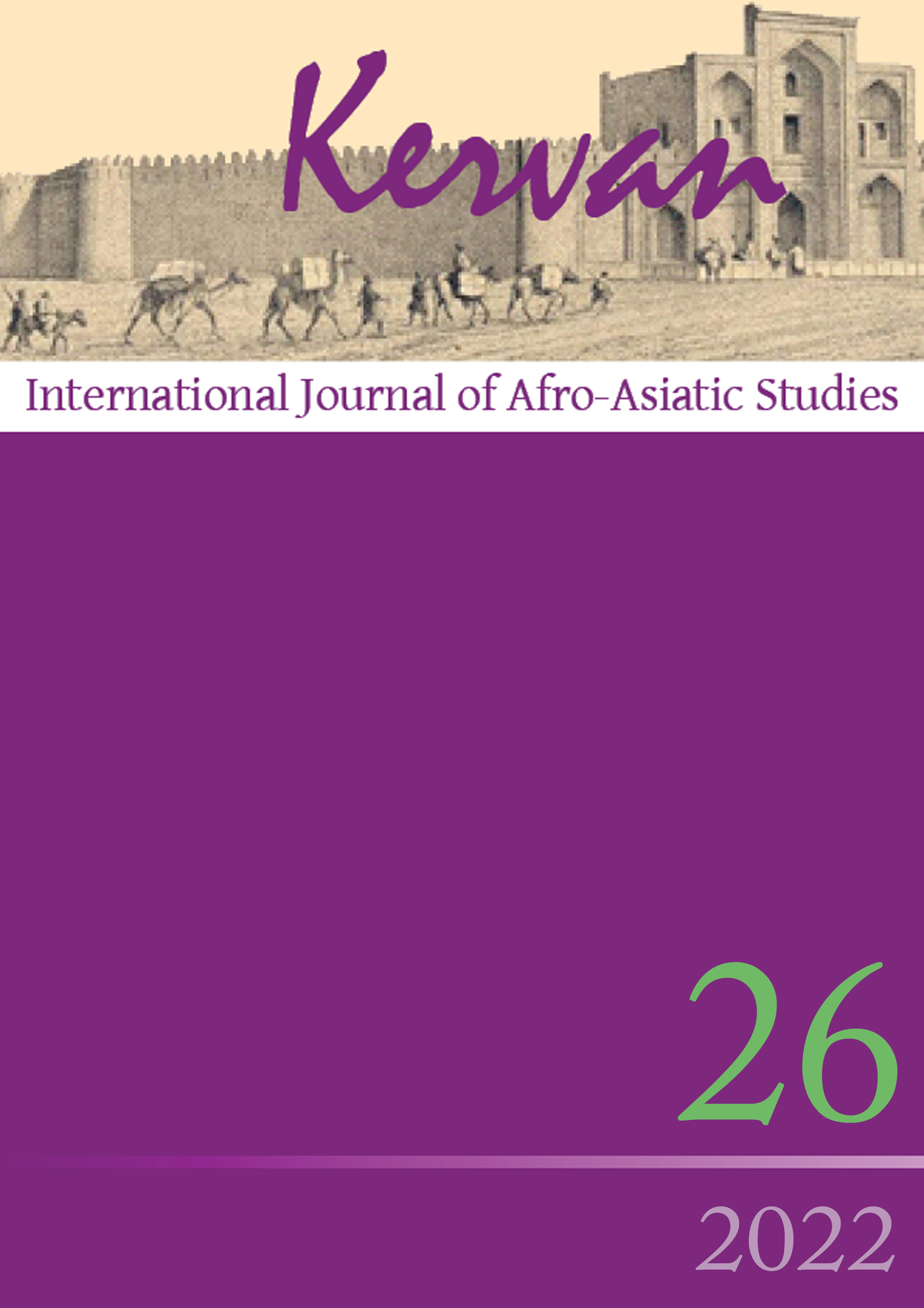Masāne kī horī: Singing life in the cremation ground
DOI:
https://doi.org/10.13135/1825-263X/7001Abstract
Named after the Hindu spring festival of Holī, horī songs generally portray the frolicsome play of the day with the throwing of coloured powders by Kṛṣṇa as the main protagonist pranking Rādhā and the gopī-s in Braj. The horī analysed in the present paper shows idiosyncrasies unveiling religious, theological, and ritual significance, besides offering precious insights into a ‘living tradition’: the celebration of Holī in the city of Banaras, at the cremation ground in Maṇikarṇikā ghāṭ where śaiva devotees enact and ‘actualise’ the horī. The song depicts Śiva playing Holī in the cremation ground with his retinue of ghostly creatures that are his favourite companions along with Aghorī-s. In place of colours, Śiva tosses the ashes from funeral pyres. In his divine dance and drumming, Mahādev uses the poisonous snakes adorning him as water-guns to squirt venom instead of gulāl. The atypical choice of Śiva in one of his fearful manifestations as the subject of a horī is discussed through references to philosophical and theological interpretations and specific symbolism. The apparent contradiction of the celebration of a lively festival in the setting of the cremation ground, resolved in the divine character of Śiva, is illustrated and contextualised starting from textual analysis.
Downloads
Downloads
Published
Issue
Section
License
Gli autori che pubblicano su Kervan accettano le seguenti condizioni:
- Gli autori mantengono i diritti sulla loro opera e cedono alla rivista il diritto di prima pubblicazione dell'opera, contemporaneamente licenziata sotto una Licenza Creative Commons - Attribuzione che permette ad altri di condividere l'opera indicando la paternità intellettuale e la prima pubblicazione su questa rivista.
- Gli autori possono aderire ad altri accordi di licenza non esclusiva per la distribuzione della versione dell'opera pubblicata (es. depositarla in un archivio istituzionale o pubblicarla in una monografia), a patto di indicare che la prima pubblicazione è avvenuta su questa rivista.


 The articles that have appeared on Kervan since 2016 are rated as Class A in the system of National Scientific Qualification (ASN, disciplines 10/N1 and 10/N3).
The articles that have appeared on Kervan since 2016 are rated as Class A in the system of National Scientific Qualification (ASN, disciplines 10/N1 and 10/N3). The journal has been approved for inclusion in DOAJ. The DOAJ listing of the journal is available at
The journal has been approved for inclusion in DOAJ. The DOAJ listing of the journal is available at  The journal has been approved for inclusion in ERIH PLUS. The ERIH PLUS listing of the journal is available at
The journal has been approved for inclusion in ERIH PLUS. The ERIH PLUS listing of the journal is available at  Kervan was just accepted for indexing in SCOPUS. This important milestone ensures that articles published in Kervan are easily found when searching for library, archives and Information science and it enables Kervan authors to keep track of how often their article has been cited by others.
Kervan was just accepted for indexing in SCOPUS. This important milestone ensures that articles published in Kervan are easily found when searching for library, archives and Information science and it enables Kervan authors to keep track of how often their article has been cited by others.
